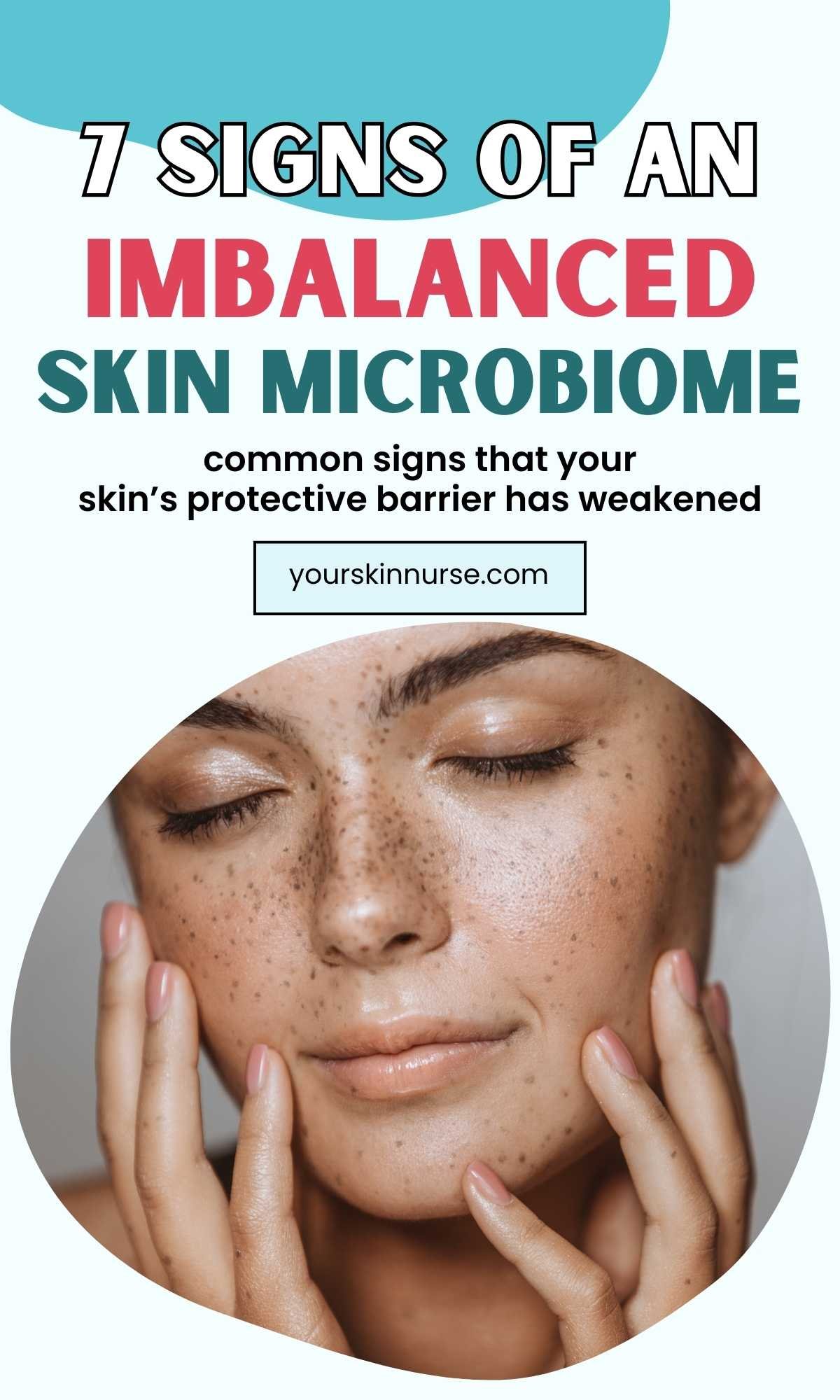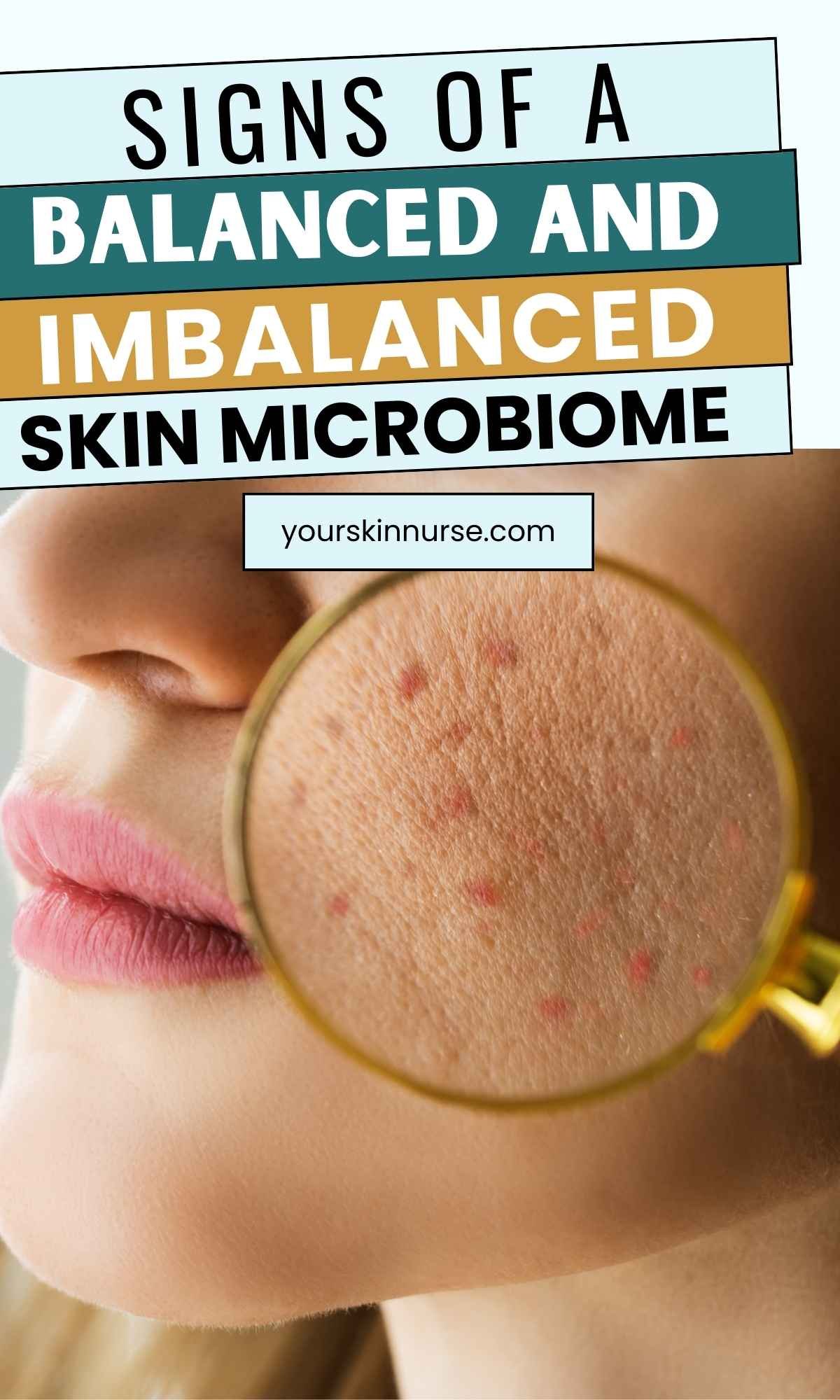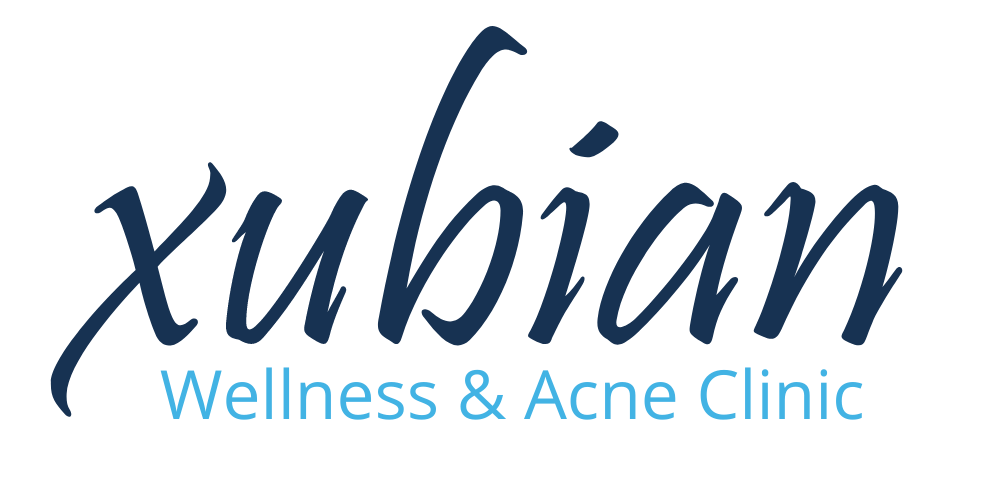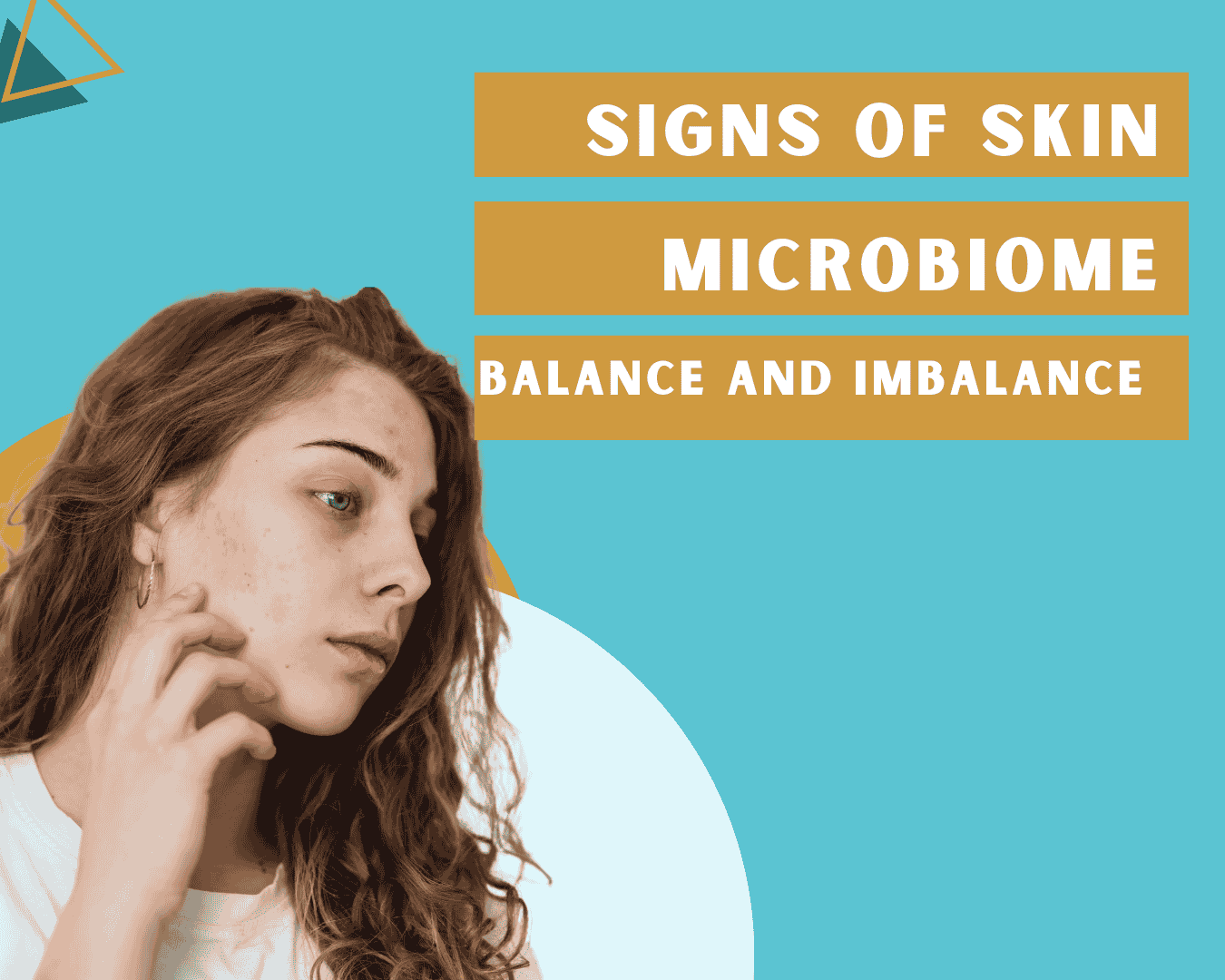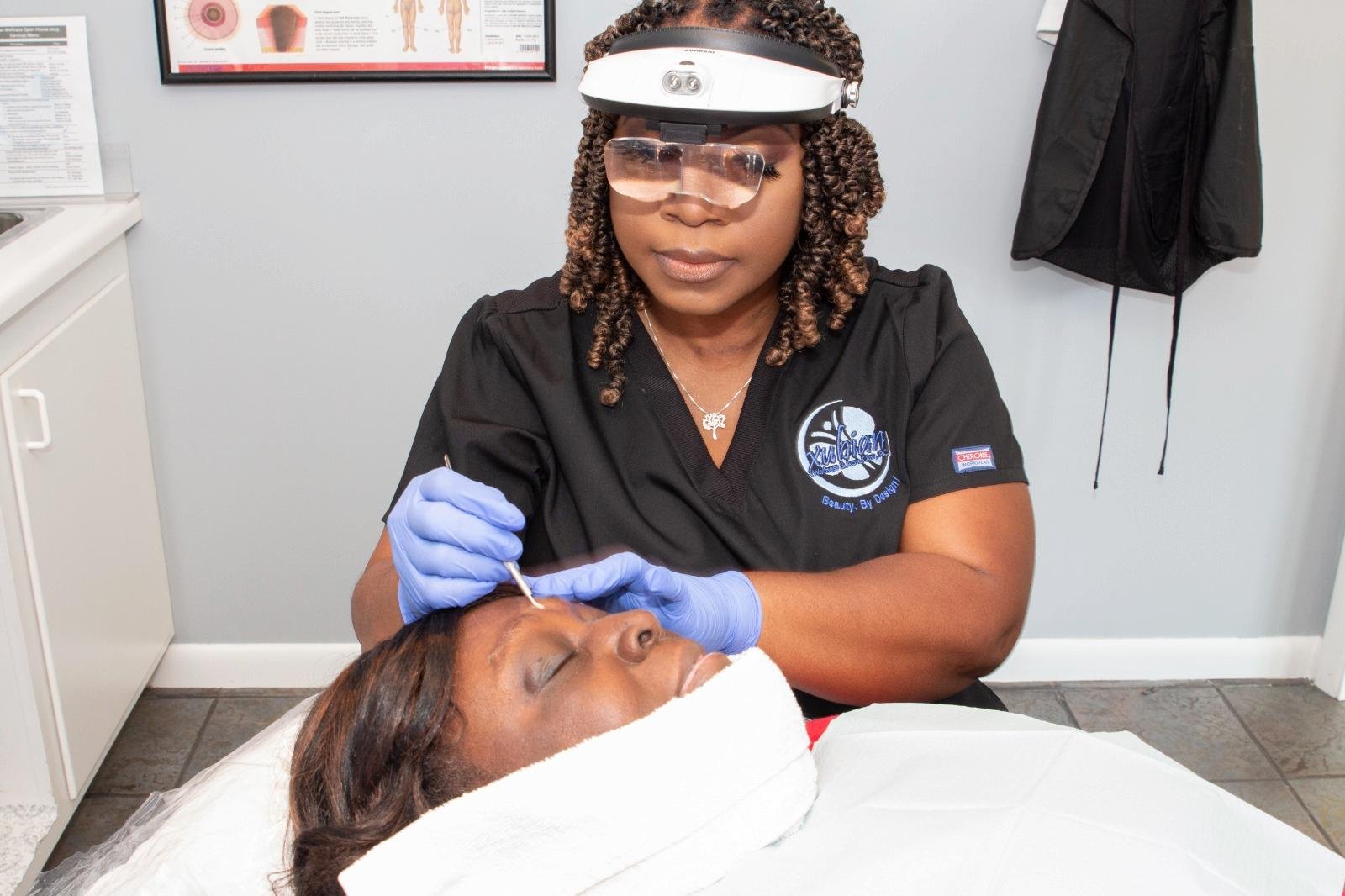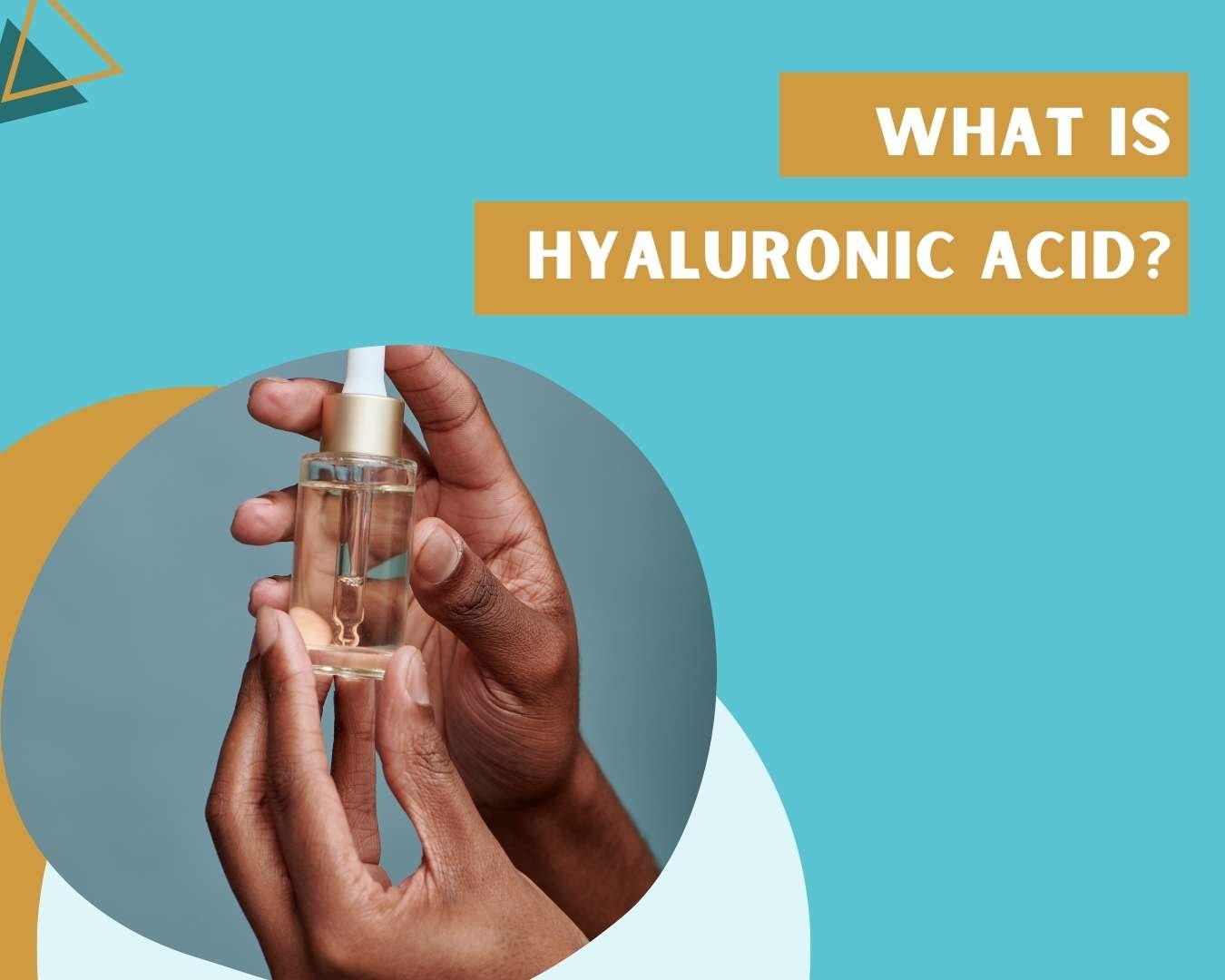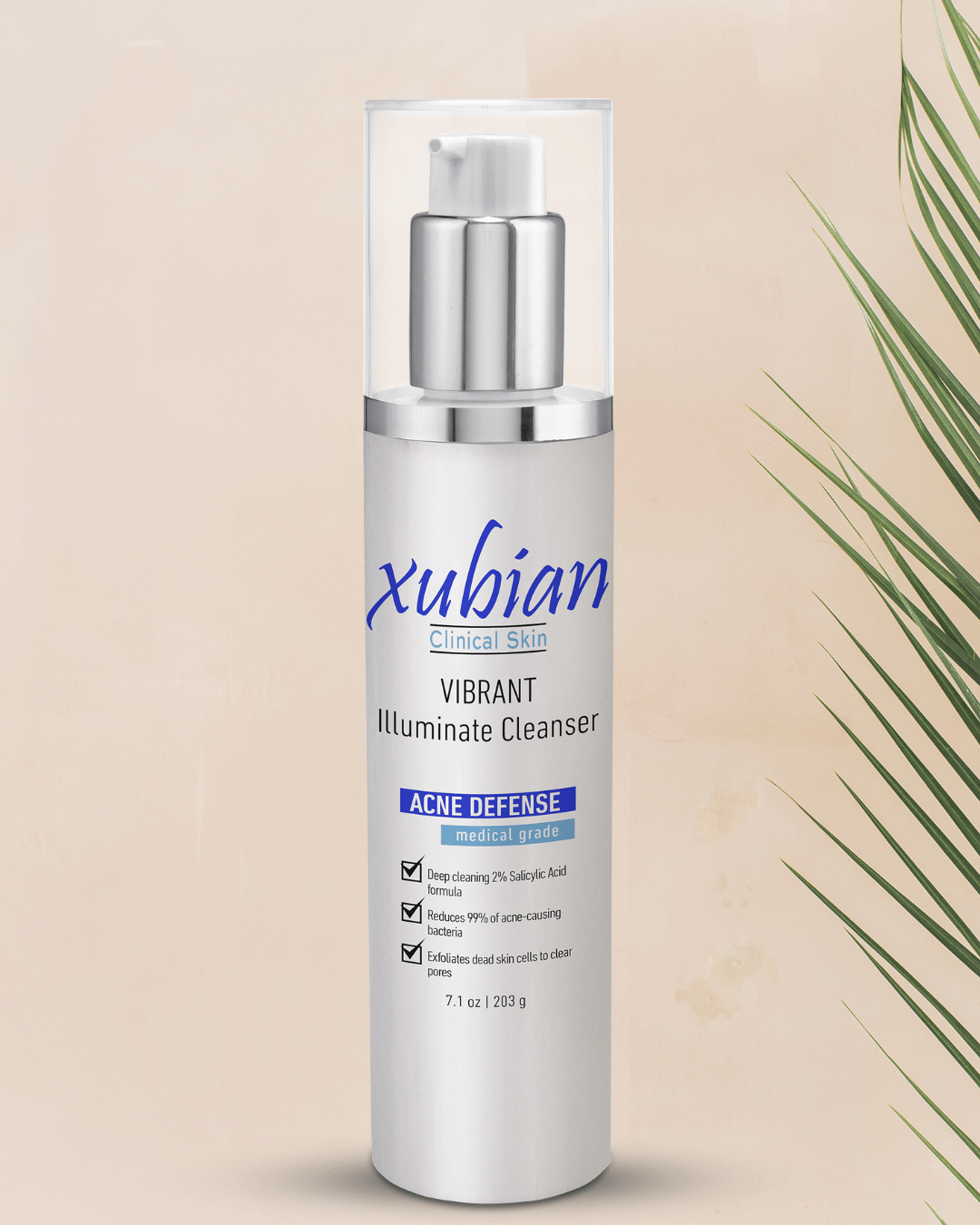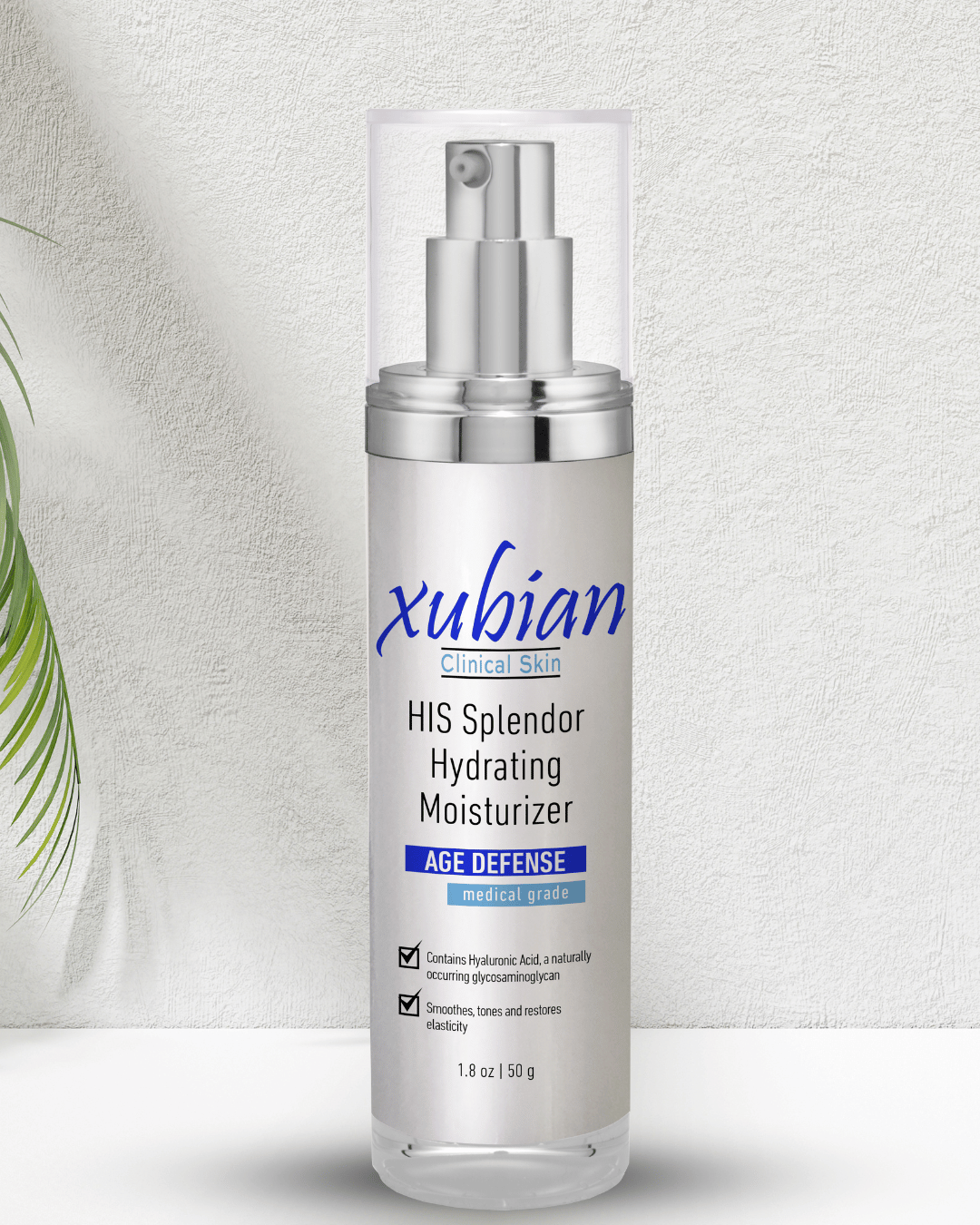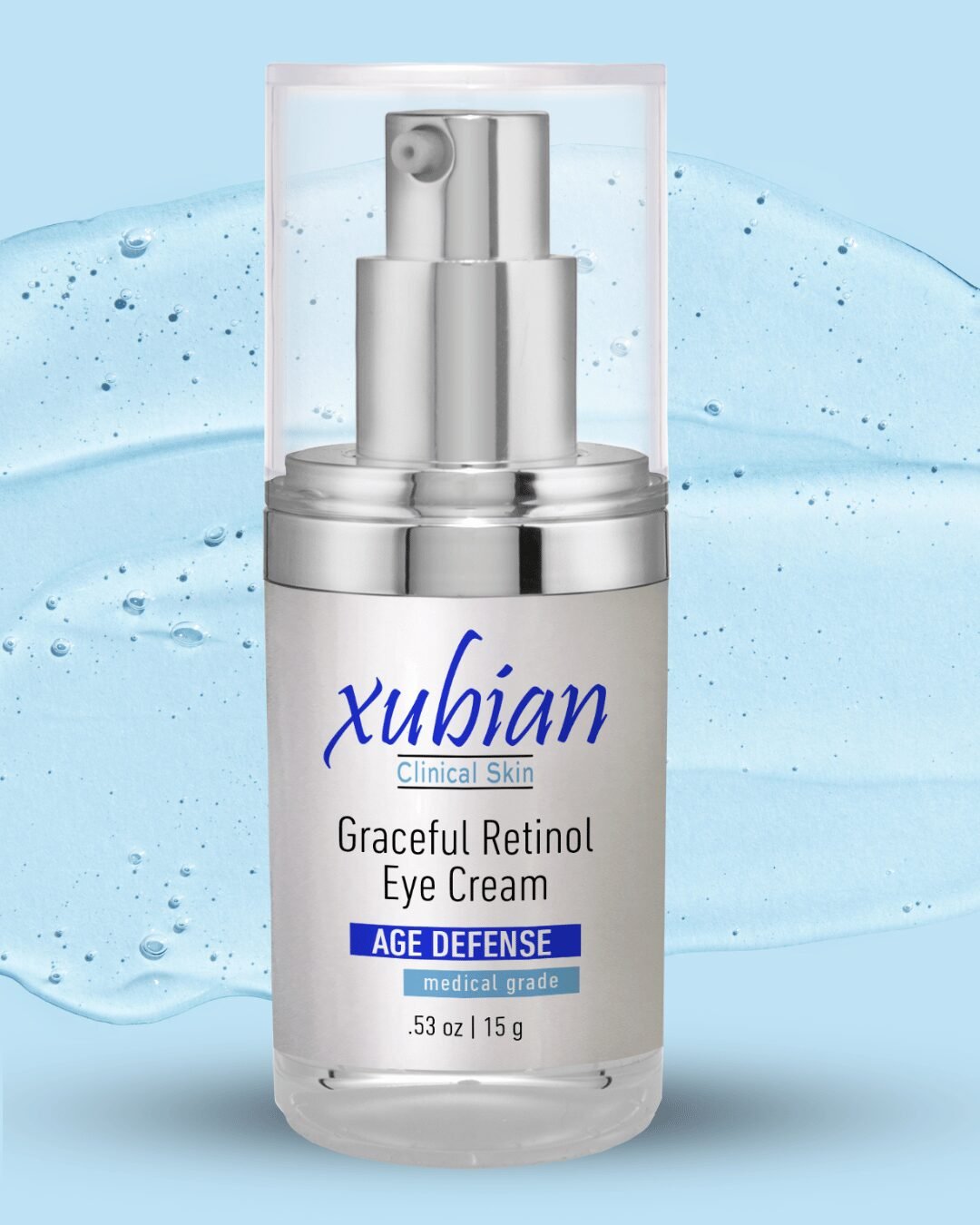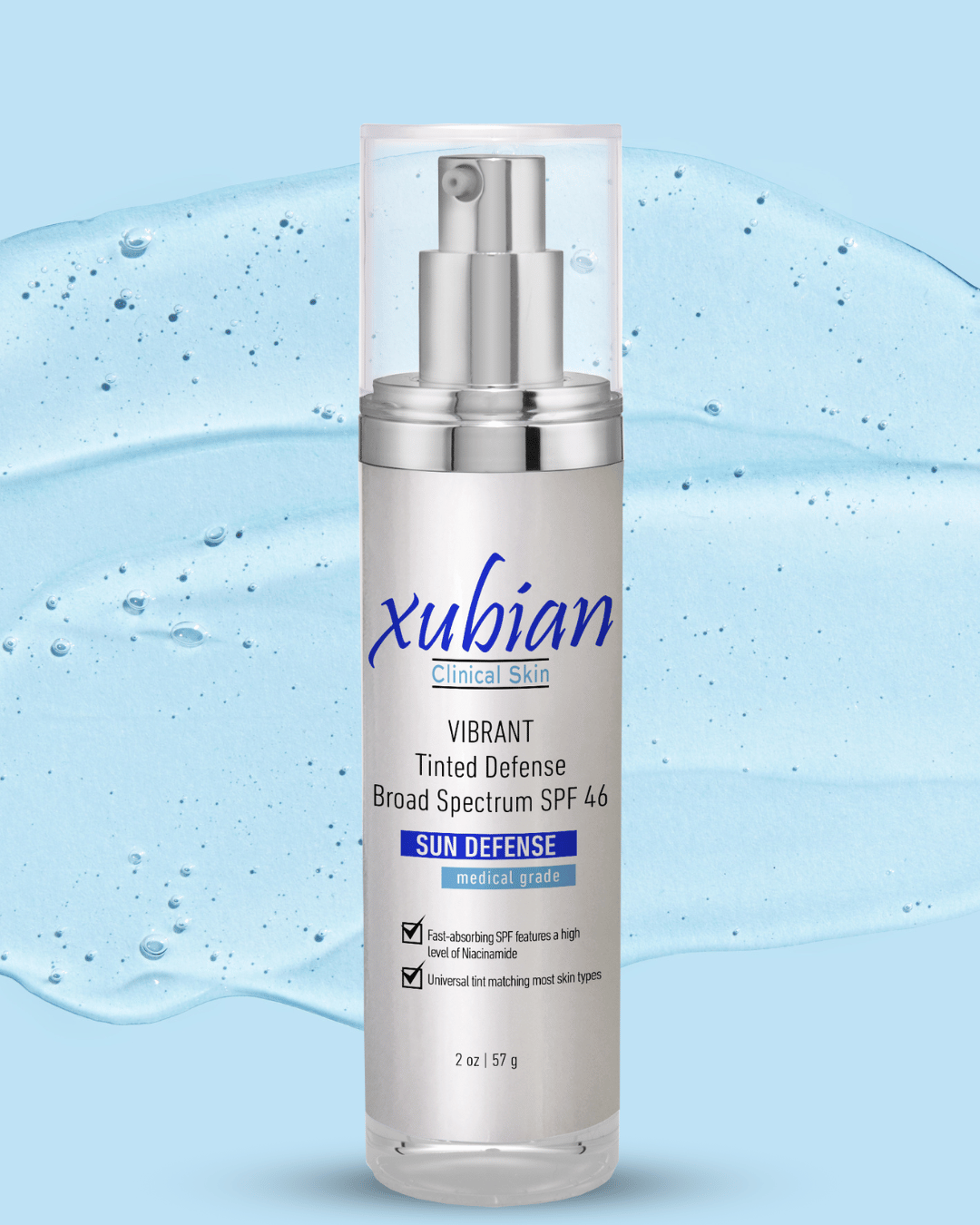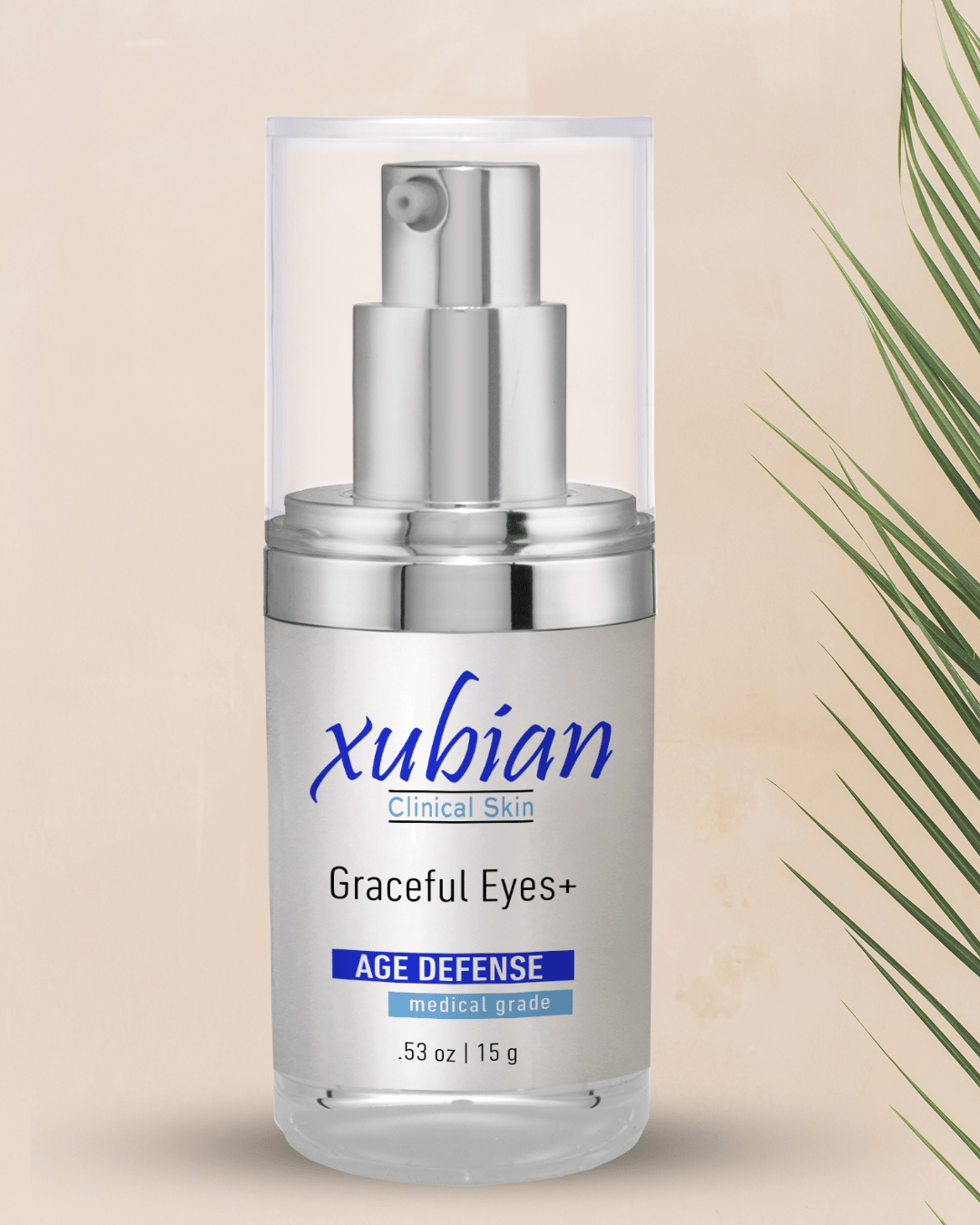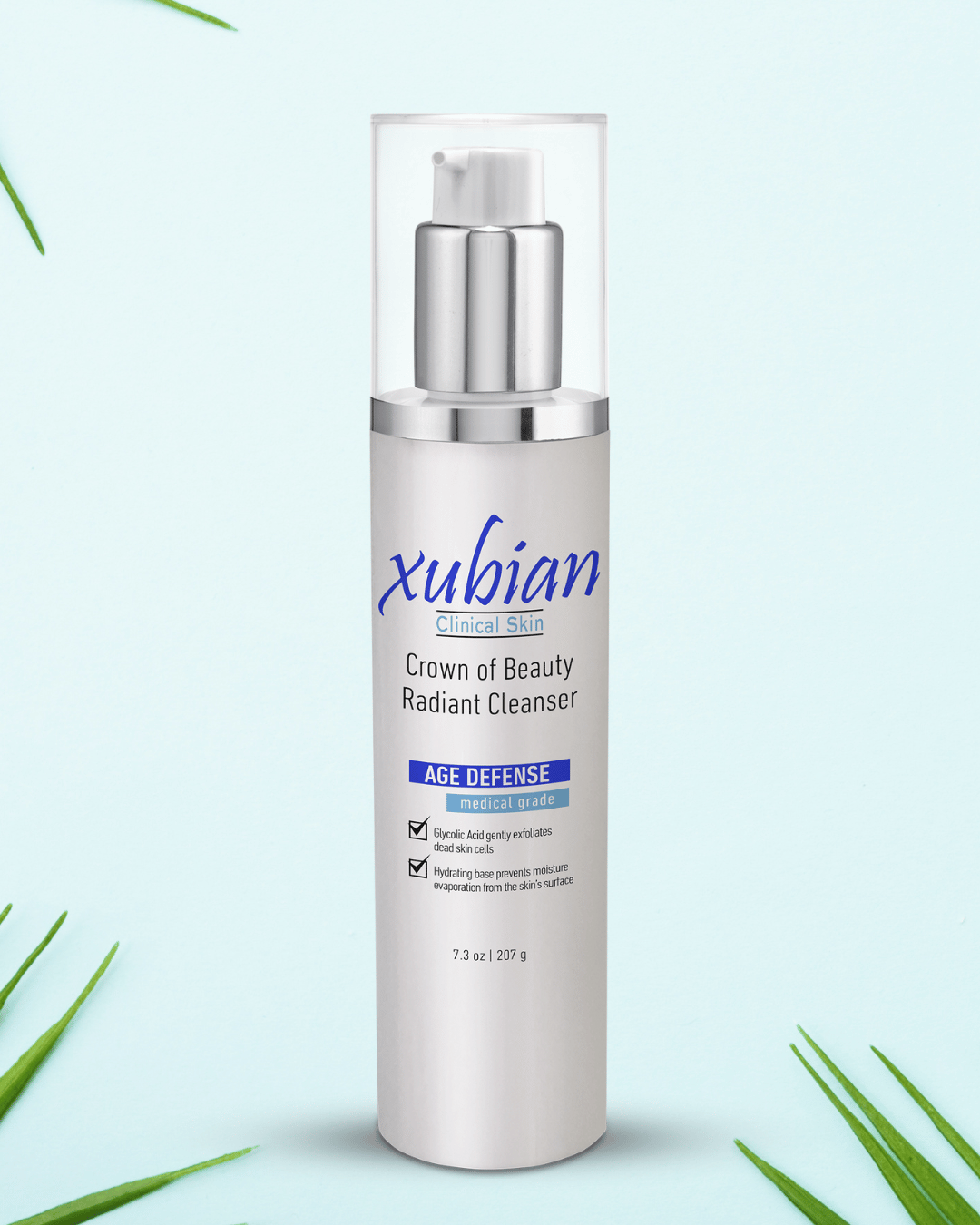What are the signs of a balanced and imbalanced skin microbiome?
The skin microbiome is a fascinating ecosystem of bacteria, fungi, and other microorganisms living on your skin. This microscopic community acts as your skin’s first line of defense, playing a vital role in maintaining its health, hydration, and resilience. But how do you know if your skin microbiome is thriving—or in trouble? In this post, we’ll look at the signs of a balanced and imbalanced microbiome, the factors that can disrupt it, and actionable tips to restore its harmony.
DISCLAIMER
The information provided in this blog post is for educational purposes only and should not replace professional medical advice. Consult with a healthcare provider or dermatologist for personalized skincare recommendations. Please Read Our Disclaimer for more!
Understanding the Skin Microbiome
Your skin microbiome is as unique as your fingerprint, shaped by genetics, lifestyle, diet, and environmental factors. When balanced, it protects against harmful pathogens, reduces inflammation, and supports the skin’s natural repair process. However, an imbalanced microbiome can lead to a host of skin issues and discomfort.
Signs of a Balanced and Imbalanced Skin Microbiome
Signs Your Skin Microbiome is in Balance:
- Clear, smooth complexion: A balanced skin microbiome often results in clear skin without acne, redness, or excessive dryness. Your skin will appear calm and even-toned.
- Moisturized and hydrated skin: Healthy skin with a balanced microbiome maintains its moisture levels, appearing plump and hydrated rather than dry or flaky.
- Resilient skin: When your skin microbiome is balanced, your skin is more resistant to external stressors, such as pollution, weather changes, and harsh products. You may notice fewer breakouts, irritations, or sensitivities.
- Normal oil production: A balanced microbiome helps regulate your skin’s oil production, so it’s neither too oily nor too dry. If your skin is oily but not excessively shiny, or dry without being tight, your microbiome might be in balance.
- No persistent redness or inflammation: Healthy skin microbiome leads to fewer flare-ups of redness, swelling, or irritation, as your skin’s natural defenses are working optimally.
- Healthy, Radiant Glow: Balanced skin often has a natural, healthy glow. It looks hydrated and refreshed without appearing oily or dry.
Signs of Skin Microbiome Imbalance:
When your skin microbiome is disrupted, your skin’s protective barrier weakens, leading to visible and sometimes uncomfortable symptoms. Common signs include:
- Frequent breakouts or acne: An imbalance in the skin microbiome, particularly an overgrowth of acne-causing bacteria (like Propionibacterium acnes), can lead to clogged pores and breakouts. Acne can also arise from disrupted oil production, which can be exacerbated by harsh skincare products.
- Dry, flaky skin: If your skin is excessively dry, rough, or flaky, it could be a sign that your skin’s barrier is compromised, leading to an imbalance. Dry skin often occurs when the microbiome is disrupted, causing the loss of moisture and the skin’s natural oils.
- Excessive oil production: On the flip side, an overproduction of oil can occur when the microbiome is out of balance. This may result in a shiny, greasy appearance and clogged pores, which can trigger acne or other skin concerns.
- Redness or rosacea: When your skin microbiome is unbalanced, it can lead to increased inflammation and conditions like rosacea. If you notice redness, visible blood vessels, or irritation, it could indicate that the balance of bacteria on your skin is off.
- Increased sensitivity or irritation: A disrupted microbiome can cause your skin to become hypersensitive, reacting to products, temperature changes, or even touch. If you frequently experience stinging, burning, or irritation after applying skincare, it’s a clear sign of imbalance.
- Eczema, psoriasis, or dermatitis: Chronic conditions like eczema, psoriasis, and dermatitis are often linked to an imbalance in the skin microbiome. These inflammatory skin conditions can cause itching, redness, and discomfort, as harmful bacteria or fungi outgrow beneficial microorganisms.
- Infections: A compromised microbiome can leave your skin vulnerable to infections like fungal outbreaks or bacterial skin infections. If you experience persistent infections or skin rashes, it’s a sign your microbiome may be out of balance.
Common Causes of Microbiome Imbalance
Several factors can disrupt your skin microbiome, including:
- Over-Cleansing
Using harsh soaps or over-washing your face can strip your skin of its natural oils and beneficial bacteria. - Excessive Use of Antibacterial Products
While antibacterial products can help fight germs, they can also wipe out good bacteria, disrupting the microbiome. - Environmental Factors
Pollution, UV radiation, and climate changes can alter your skin’s microbial balance. - Diet and Lifestyle
Poor diet, dehydration, and lack of exercise can negatively affect both your gut and skin microbiomes. - Stress
Chronic stress increases cortisol levels, which can disrupt the microbiome and cause inflammation. - Overuse of Skincare Products
Layering too many products, especially those with strong active ingredients, can irritate the skin and alter its microbial environment. - Medical Conditions and Medications
Conditions like diabetes or the use of antibiotics can disrupt the delicate balance of microorganisms.
When to Seek Professional Help
If your skin shows persistent signs of imbalance, such as chronic redness, extreme sensitivity, or recurring breakouts, it’s essential to consult a dermatologist or esthetician. Skincare professional in Fayetteville, NC, can assess your skin and recommend microbiome-friendly treatments tailored to your needs.
Conclusion
Understanding the signs of a balanced or imbalanced skin microbiome empowers you to take better care of your skin. By recognizing the symptoms, addressing the root causes, and making lifestyle adjustments, you can restore harmony to your skin and enjoy a healthy, radiant complexion. Make this the year you prioritize your skin microbiome—your skin will thank you!
Share this on Pinterest!
